Shows
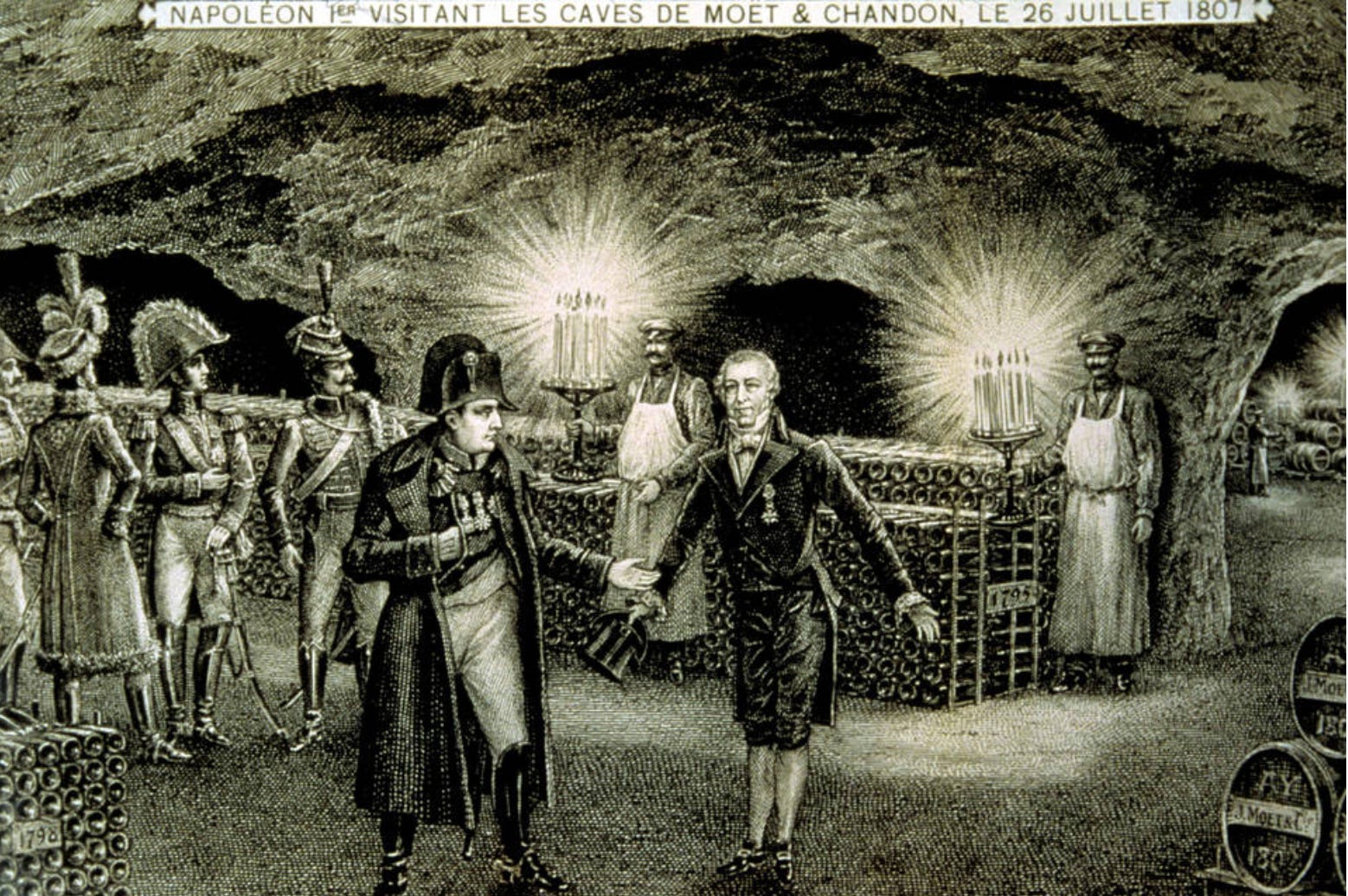
History on Drugs PodcastEpisode #15: Graham Harding and the History of Champagne in the UKMy latest conversation is with Graham Harding, author of Champagne in Britain, 1800-1914: How the British Transformed a French Luxury (Bloomsbury, 2023).Graham and I met last spring in London, where we talked about the history of champagne during the nineteenth and early twentieth centuries, along with the fascinating history of “branding,” which came of age during the same period. Graham has not only studied branding with academic rigor, but also lived it during a long career in marketing and advertising prior to becoming an academic. Additionally, he has published A Wine Miscellany: A Jaunt Through the Whimsical Worl...
2026-02-021h 19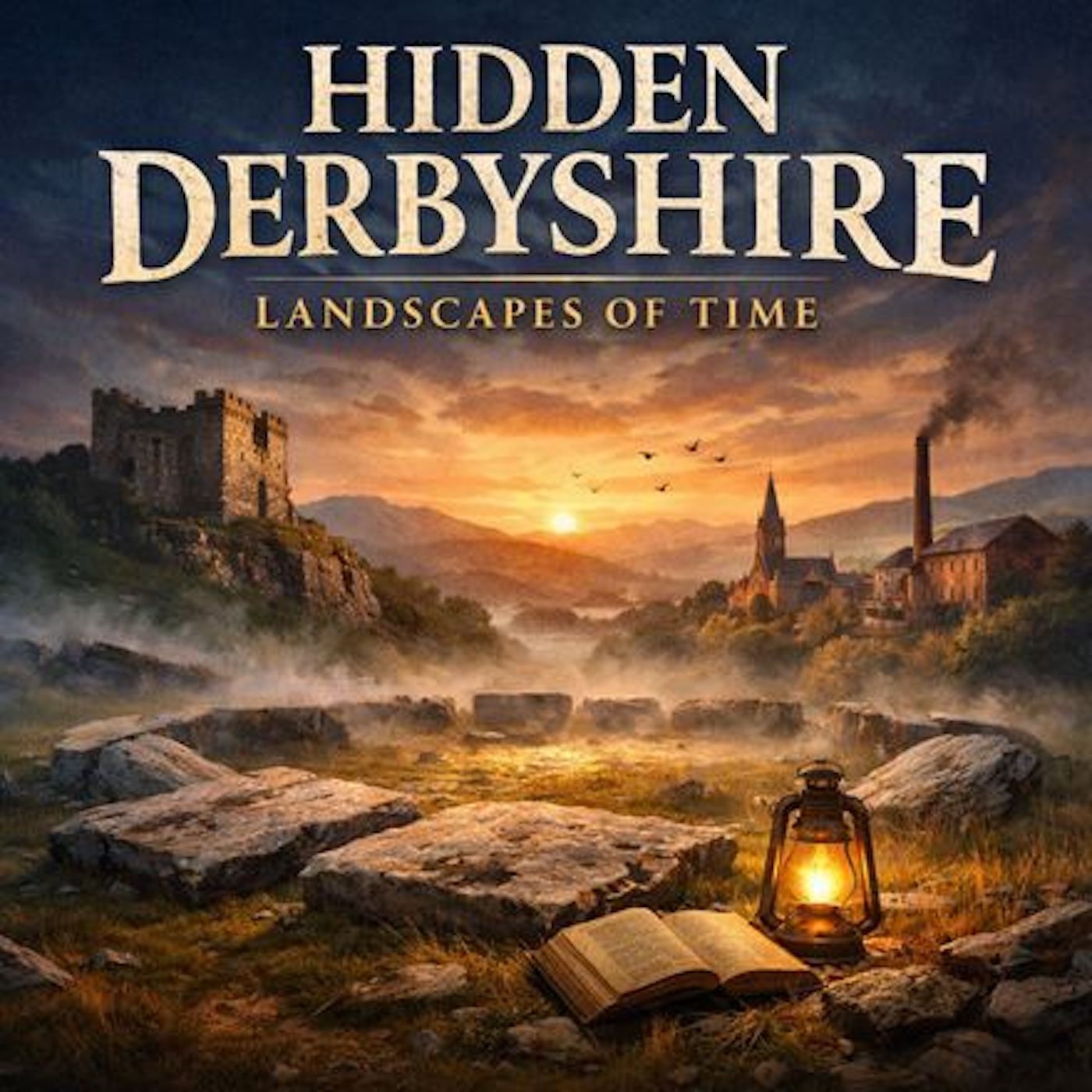
Hidden Derbyshire - Landscapes of TimeHaddon Hall: Stone, Marriage & PowerHaddon Hall stands above the River Wye as one of England’s finest surviving medieval houses. From the Peverils to the Vernons and the Manners, the hall became a stage for marriage, inheritance, religion, decline, restoration, and romantic reinvention.In this episode, we explore how Haddon survived where so many great houses fell: not through war or wealth, but through neglect — entering a long sleep that preserved its medieval fabric into the modern age.*Hidden Derbyshire: Landscapes of Time*A documentary storytelling podcast about the places where hist...
2026-01-2207 min
The Gnar Stool PodcastEp 88 - Don Webber and Camille Kramer of Wasatch Adaptive SportsIn this episode of the Gnar Stool podcast, we explore the transformative world of adaptive sports with Don Webber and Camille Kramer from Wasatch Adaptive Sports. Don shares the organization’s roots, founded in the 1970s by visionary ski instructor Peter Mandler, and its mission to empower individuals with disabilities through access, independence, and community.Camille, a participant and passionate advocate, reflects on her journey after a traumatic brain injury and how adaptive sports helped her rebuild confidence, embrace adventure, and reclaim her life. From learning to ski to shredding trails on her mountain bike, her story is...
2025-07-171h 25
Better KnownPeter LamontPeter Lamont discusses with Ivan six things which should be better known.
Peter Lamont is Professor of History and Theory of Psychology at the University of Edinburgh. He has written about a variety of curious topics such as magic, belief, wonder and critical thinking. He is also a former professional magician and an Associate of the Inner Magic Circle. His new book is Radical Thinking, which is available at https://swiftpress.com/book/radical-thinking/
The Radical Road https://www.cockburnassociation.org.uk/history-blogs/edinburghs-radical-road-its-history-its-uncertain-future/
Encyclopaedia Britannica (2nd edition) https://en.wikipedia.org/wiki/Encyclop%C3%A6d...
2025-07-0629 min
ReiseRederei: Tipps und Inspiration für deine nächste ReiseUrlaub mit HundFerienzeit ist Abenteuerzeit – und natürlich kommt der Hund mit! In dieser Folge gibt’s kompakte Tipps für die, die mit ihrem Vierbeiner verreisen wollen: Von Reisezielen über den bequemsten Transport bis hin zu hundefreundlichen Unterkünften. Peter hat zu diesem Thema Angelika Mandler Saul (Reisebloggerin) und Ulrike Miestinger (auf Hundereisen spezialisierte Reisebürochefin) samt deren drei Hunden getroffen und über folgende Themen geplaudert: Worauf solltest du achten und wie wird’s für alle entspannt? Jetzt reinhören und gut vorbereitet in den Urlaub starten! Reisebüro für dich und deinen Hundwww.ve...
2025-07-0442 min
EXPeditions - The living library of knowlegdePeter Mandler - Dismantling the myth of educating for future jobsEducation should aim to assist children in becoming happy, confident, flexible and trainable.
About Peter Mandler
"I am Professor of Modern Cultural History at the University of Cambridge.
I’m a historian of modern Britain and of the modern world. Over the last 20 years, I’ve aligned my work representing historians as academics and teachers with my research in education: I’ve become immersed in the recent history of education. My main interest is asking why people have gotten more and more education over the last generation or two."
Key Points
...
2025-06-1710 min
EXPeditions - The living library of knowlegdePeter Mandler - What is a good education?Inequality operates throughout an individual’s life, not just through one’s education. Equal education can help address inequality but cannot solve it.
About Peter Mandler
"I am Professor of Modern Cultural History at the University of Cambridge.
I’m a historian of modern Britain and of the modern world. Over the last 20 years, I’ve aligned my work representing historians as academics and teachers with my research in education: I’ve become immersed in the recent history of education. My main interest is asking why people have gotten more and more education over the l...
2025-06-1710 min
EXPeditions - The living library of knowlegdePeter Mandler - Democracy and the desire for more educationGreater social equality and civil rights lead to a greater demand for education, as individuals seek to leverage their improved standing in society.
About Peter Mandler
"I am Professor of Modern Cultural History at the University of Cambridge.
I’m a historian of modern Britain and of the modern world. Over the last 20 years, I’ve aligned my work representing historians as academics and teachers with my research in education: I’ve become immersed in the recent history of education. My main interest is asking why people have gotten more and more education over t...
2025-06-1710 min
Programmet om IngentingPeter SommerPeter Sommer er musiker, sanger og sangskriver. Sidst han gæstede programmet, var det i selskab med Brian Holm. Men det er lang tid siden. I dette program taler han om at svømme langt i den lokale svømmehal, om at spille liveshows med solbriller på, om Leonard Cohen, om at lave chef's kiss, når man taler med andre, om Peters dobbeltgænger Pilou Asbæk – og så får vi en opskrift på rigatoni med grønkål og mandler.
2025-03-131h 20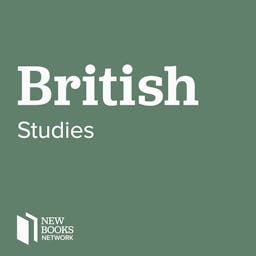
New Books in British StudiesPeter Mandler, "The Crisis of the Meritocracy: Britain's Transition to Mass Education Since the Second World War" (Oxford UP, 2020)How did public demand shape education in the 20th century? In The Crisis of the Meritocracy: Britain’s Transition to Mass Education since the Second World War (Oxford UP, 2020), Peter Mandler, Professor of Modern Cultural History at the University of Cambridge, charts the history of schools, colleges, and universities. The book charts the tension between demands for democracy and the defence of meritocracy within both elite and public discourses, showing how this tension plays out in Britain’s complex and fragmented education system. Offering an alternative vision to the popular memory and perception of education, a note of caution about t...
2025-01-0640 min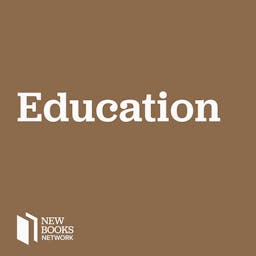
New Books in EducationPeter Mandler, "The Crisis of the Meritocracy: Britain's Transition to Mass Education Since the Second World War" (Oxford UP, 2020)How did public demand shape education in the 20th century? In The Crisis of the Meritocracy: Britain’s Transition to Mass Education since the Second World War (Oxford UP, 2020), Peter Mandler, Professor of Modern Cultural History at the University of Cambridge, charts the history of schools, colleges, and universities. The book charts the tension between demands for democracy and the defence of meritocracy within both elite and public discourses, showing how this tension plays out in Britain’s complex and fragmented education system. Offering an alternative vision to the popular memory and perception of education, a note of caution about t...
2025-01-0640 min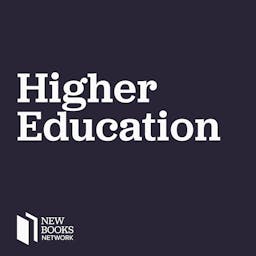
New Books in Higher EducationPeter Mandler, "The Crisis of the Meritocracy: Britain's Transition to Mass Education Since the Second World War" (Oxford UP, 2020)How did public demand shape education in the 20th century? In The Crisis of the Meritocracy: Britain’s Transition to Mass Education since the Second World War (Oxford UP, 2020), Peter Mandler, Professor of Modern Cultural History at the University of Cambridge, charts the history of schools, colleges, and universities. The book charts the tension between demands for democracy and the defence of meritocracy within both elite and public discourses, showing how this tension plays out in Britain’s complex and fragmented education system. Offering an alternative vision to the popular memory and perception of education, a note of caution about t...
2025-01-0639 min
In Conversation: An OUP PodcastPeter Mandler, "The Crisis of the Meritocracy: Britain's Transition to Mass Education Since the Second World War" (Oxford UP, 2020)How did public demand shape education in the 20th century? In The Crisis of the Meritocracy: Britain’s Transition to Mass Education since the Second World War (Oxford UP, 2020), Peter Mandler, Professor of Modern Cultural History at the University of Cambridge, charts the history of schools, colleges, and universities. The book charts the tension between demands for democracy and the defence of meritocracy within both elite and public discourses, showing how this tension plays out in Britain’s complex and fragmented education system. Offering an alternative vision to the popular memory and perception of education, a note of caution about t...
2025-01-0640 min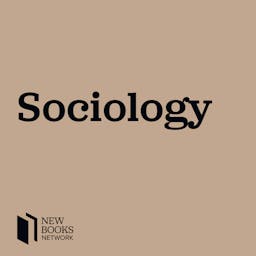
New Books in SociologyPeter Mandler, "The Crisis of the Meritocracy: Britain's Transition to Mass Education Since the Second World War" (Oxford UP, 2020)How did public demand shape education in the 20th century? In The Crisis of the Meritocracy: Britain’s Transition to Mass Education since the Second World War (Oxford UP, 2020), Peter Mandler, Professor of Modern Cultural History at the University of Cambridge, charts the history of schools, colleges, and universities. The book charts the tension between demands for democracy and the defence of meritocracy within both elite and public discourses, showing how this tension plays out in Britain’s complex and fragmented education system. Offering an alternative vision to the popular memory and perception of education, a note of caution about t...
2025-01-0640 min
New Books in Western European StudiesPeter Mandler, "The Crisis of the Meritocracy: Britain's Transition to Mass Education Since the Second World War" (Oxford UP, 2020)How did public demand shape education in the 20th century? In The Crisis of the Meritocracy: Britain’s Transition to Mass Education since the Second World War (Oxford UP, 2020), Peter Mandler, Professor of Modern Cultural History at the University of Cambridge, charts the history of schools, colleges, and universities. The book charts the tension between demands for democracy and the defence of meritocracy within both elite and public discourses, showing how this tension plays out in Britain’s complex and fragmented education system. Offering an alternative vision to the popular memory and perception of education, a note of caution about t...
2025-01-0640 min
New Books in Western European StudiesPeter Mandler, "The Crisis of the Meritocracy: Britain's Transition to Mass Education Since the Second World War" (Oxford UP, 2020)How did public demand shape education in the 20th century? In The Crisis of the Meritocracy: Britain’s Transition to Mass Education since the Second World War (Oxford UP, 2020), Peter Mandler, Professor of Modern Cultural History at the University of Cambridge, charts the history of schools, colleges, and universities. The book charts the tension between demands for democracy and the defence of meritocracy within both elite and public discourses, showing how this tension plays out in Britain’s complex and fragmented education system. Offering an alternative vision to the popular memory and perception of education, a note of caution about t...
2025-01-0640 min
NBN Book of the DayPeter Mandler, "The Crisis of the Meritocracy: Britain's Transition to Mass Education Since the Second World War" (Oxford UP, 2020)How did public demand shape education in the 20th century? In The Crisis of the Meritocracy: Britain’s Transition to Mass Education since the Second World War (Oxford UP, 2020), Peter Mandler, Professor of Modern Cultural History at the University of Cambridge, charts the history of schools, colleges, and universities. The book charts the tension between demands for democracy and the defence of meritocracy within both elite and public discourses, showing how this tension plays out in Britain’s complex and fragmented education system. Offering an alternative vision to the popular memory and perception of education, a note of caution about t...
2025-01-0640 min
New Books in Critical TheoryPeter Mandler, "The Crisis of the Meritocracy: Britain's Transition to Mass Education Since the Second World War" (Oxford UP, 2020)How did public demand shape education in the 20th century? In The Crisis of the Meritocracy: Britain’s Transition to Mass Education since the Second World War (Oxford UP, 2020), Peter Mandler, Professor of Modern Cultural History at the University of Cambridge, charts the history of schools, colleges, and universities. The book charts the tension between demands for democracy and the defence of meritocracy within both elite and public discourses, showing how this tension plays out in Britain’s complex and fragmented education system. Offering an alternative vision to the popular memory and perception of education, a note of caution about t...
2025-01-0640 min
Oh! What a lovely podcast48 - No(Wo)man's Land: Writing history at the intersections of gender and First World War StudiesThis month Angus, Chris and Jessica discuss Jessica's professorial inaugural lecture, 'No (Wo)man's Land: writing history at the intersection of gender and First World War studies'. Along the way we consider the problem of masculinity as an empty analytic category, the importance of the centenary for the study of the First World War and what Jessica might have done if she hadn't gone in to academia. There is also a sneak preview of exciting forthcoming and future projects from all three of us. References: Jessica Meyer, 'On Being a Woman and a War Historian' Jessica Meyer, Men of War...
2024-07-0147 min
The Progressive Britain PodcastEducation with Peter MandlerPeter Mandler, Professor of Modern Cultural History at Cambridge, talks education policy with Progressive Britain History Project hosts, Laura Beers and Steven Fielding. Hosted on Acast. See acast.com/privacy for more information.
2023-06-2150 min
Mörderisches Österreich#24 Blanche Mandler - Die Tote in der BadewanneSie ist gutaussehend, klug und erfolgreich. Sie besitzt sogar eine eigene Fabrik. Kein Wunder, dass die Verehrer von Blanche Mandler zahlreich sind, aber sie hat ja eigentlich nur Augen für den jungen Julius. Eigentlich wäre alles so schön. Sie hat nur ein Problem: Sie schwimmt seit Tagen mit dem Gesicht nach unten in einer Badewanne.
In Verdacht gerät Julius, der gleichzeitig Geschäftsführer ihrer Fabrik ist. Doch ein dreckiger Kochtopf mit Cremespinat führt die Kriminalbeamten in eine völlig irre Ermittlung.
Mit dem Code MÖRDERISCH (oder MOERD...
2022-11-0548 min
Mile End Institute PodcastThe Crisis of Meritocracy? A Longer Historical Perspective with Peter MandlerThe Covid-19 pandemic has disrupted the right of every child to an equal state-provided education and thrown the annual mass examination of children and teenagers into chaos, while many observers worry about the longer-term impacts of educational inequality.
In this episode, Dr Colm Murphy is joined by Professor Peter Mandler, author of The Crisis of the Meritocracy: Britain's Transition to Mass Education since the Second World War. They discuss how and why mass education had become such a crucial social and political issue and consider whether a historical perspective can help us to navigate today’s debates ar...
2021-02-2443 min
Urlaubmachen ist mein BerufWandern im WinterWinterurlaub ist nicht immer gleich Schifahren oder Snowboarden. Urlaub in winterlich-alpinen Sphären hat spannende Alternativen zu bieten. Schneeschuhwanderungen, Wanderungen mit Lamas oder Gipfelwanderungen. Die Initiative "Wanderhotels" bietet genau das an. Wanderurlaube sind im Trend, egal zu welcher Jahreszeit. Mit dem Geschäftsführer der insgesamt 72 Wanderhotels Eckart Mandler und den Wander-Hotelchefs der "Alten Post" in Großarl und dem "Natur- und Wellnesshotel" in Haus im Ennstal hab ich mich darüber ausgetauscht.
---
Send in a voice message: https://anchor.fm/peter-agathakis/message
2020-12-1720 min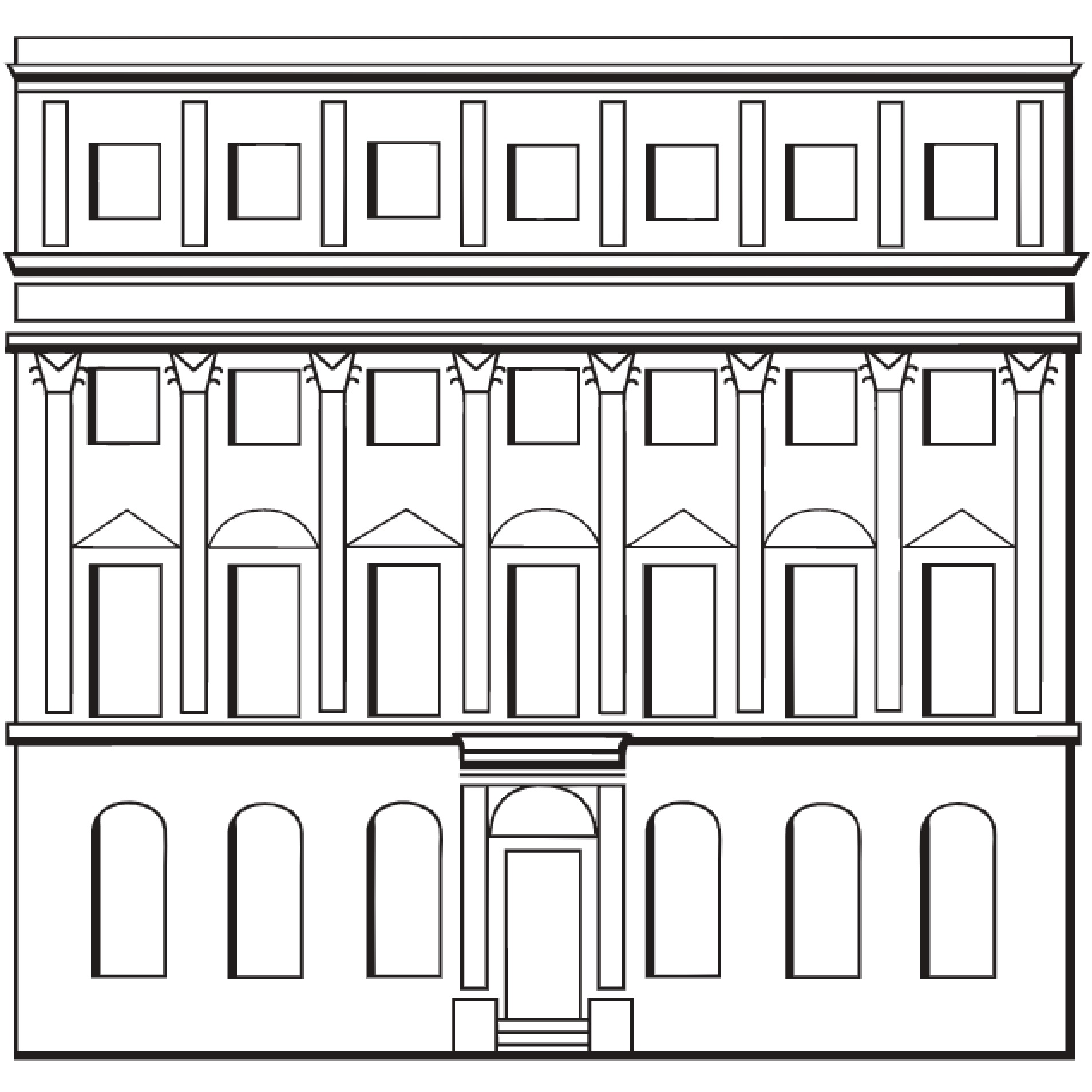
German Historical Institute London PodcastPeter Mandler: The Crisis of the Meritocracy: How Popular Demand (not Politicians) Made Britain into a Mass Education SocietyThe 2020 Annual Lecture 'The Crisis of the Meritocracy' was given by Professor Peter Mandler, Cambridge, on Friday, 6 November 2020.
2020-11-1855 min
10-Minute TalksThe crisis of the meritocracy - why Britain has needed more and more educationBefore the Second World War, only about 20% of the population had any secondary education or only a few percent went to university; today secondary education has long been universal and 50% go to higher education. How and why did we get here from there? Peter Mandler talks about his new book The Crisis of the Meritocracy and explains why Britain, like most other modern societies, has needed to educate ever larger proportions of its citizenry to ever high levels.Speaker: Professor Peter Mandler FBA, Professor of Modern Cultural History, University of Cambridge; Bailey Lecturer in History, Gonville and...
2020-09-3009 min
Urlaubmachen ist mein BerufDie Renaissance des WandernsEgal ob 'Weltweit Wandern' oder 'Wandern in Österreich' dieser Aktiv-Urlaub boomt total. Die Wanderhotels - eine Vereinigung von 72 Hotels - widmen sich diesem Thema plus der gesunden Ernährung und überhaupt der Entschleunigung. Ins Leben gerufen hat diese zeitgeistige Initiative der Kärntner Eckart Mandler. Über Wanderurlaub und der Sinnhaftigkeit von Wanderhotels unterhalte ich mit in dieser Episode mit ihm.
---
Send in a voice message: https://anchor.fm/peter-agathakis/message
2020-07-1020 min
Urlaubmachen ist mein BerufSlow Food - Genuss pur in ÖsterreichSieben Gemeinden widmen sich dem genussvollen Slow-Food. Zu finden sind diese allesamt in Kärnten, genauer gesagt im Drautal, im Gailtal im Mölltal, am Millstätter See sowie in den Nockbergen. Im Kräuterdorf Irschen (Drautal) hab ich mich unter anderem mit dem Projektbetreuer für Slow Food Villages dem Eckart Mandler über den Sinn und die Philosophie dieser ultimativen Entschleunigung unterhalten.
---
Send in a voice message: https://anchor.fm/peter-agathakis/message
2020-05-1335 min
The Briefing RoomShould we scrap GCSEs?The Conservative chairman of the Education Select Committee called GCSEs 'pointless' and said they should be abolished. David Aaronovitch asks if it is time for the exam system in England, Wales and Northern Ireland to be completely overhauled. GUESTS Sandra Leaton Gray Associate Professor in Education at University College London’s Institute of Education
Laura McInerney, former editor of Schools Week and education writer
Andreas Schleicher, Director for Education and Skills at the Organisation for Economic Co-operation and Development
Sir Mike Tomlinson, former Chief Inspector for Ofsted
Lord Baker, former Education Secretary who brought in GC...
2019-02-1428 min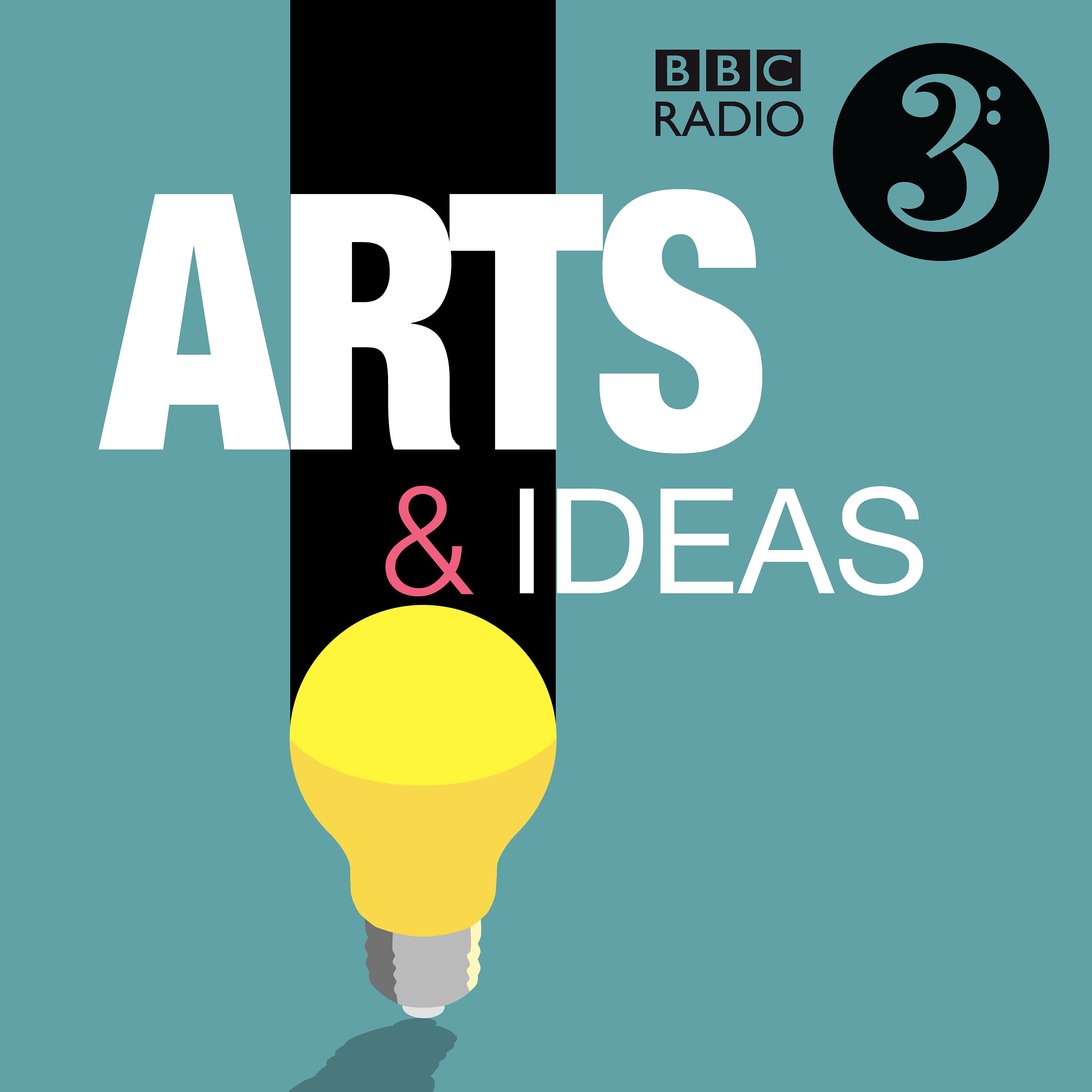
Arts & IdeasWhat kind of history should we write?Peter Frankopan brings his history of ties across Asia into the present while Maya Jasanoff, winner of the world's richest history prize, uses the novels of Joseph Conrad to show that the novelist was wrestling with the same problems and opportunities of globalisation we face today.
Historian Peter Mandler also joins Rana Mitter to discuss new proposals for publishing historican research.
As the centenary of the birth of Orkney film maker and poet Margaret Tait is celebrated nationally, New Generation Thinker, Elsa Richardson, discusses how Tait's medical training shaped her subsequent film work and writing while the curator Peter...
2018-11-2144 min
On Top of the WorldEp 35 – The History ManifestoThe original “Bro-dels” Matt and Dave tackle Jo Guldi and David Armitage’s The History Manifesto. How should historians respond to the “crisis of the humanities?” Your hosts discuss Guldi and Armitage’s ideas of “long-termism,” big data, and the need for public-facing scholarship from the perspective of World History. While the book has got some great ideas, it seems like the authors have never met any of the world historians, who have been attempting to answer some of the big questions in the Manifesto for the last few decades! We don’t feel slighted. Totally not mad. Don’t worry! Y ou...
2018-06-0845 min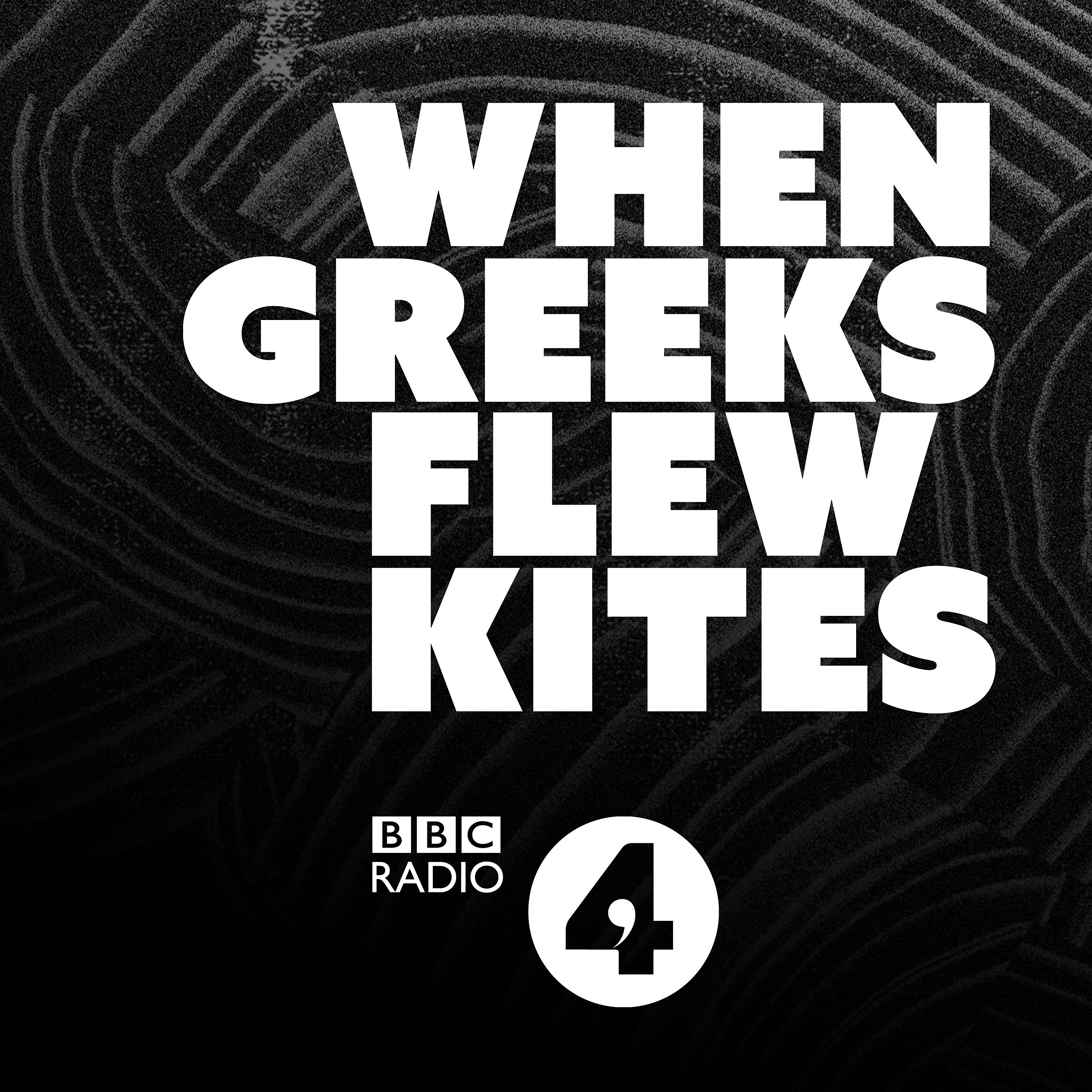
When Greeks Flew KitesGenerational BreakdownIn this new monthly series, broadcaster and acclaimed historical novelist Sarah Dunant, delves into the past to help frame the present, bringing to life worlds that span the centuries. Taking modern day anxieties as its starting point, the series considers how certain questions are constant, yet also change their shape over time. Sarah celebrates the role of imagination in History and History as a discipline is at the heart of the programme, showing how historians are continually changing the questions they ask of the past.The programme takes its name from the industrialist Henry Ford...
2017-07-3029 min
tbs eFM PrimetimeThe Crisis of Humanities in Korea #2Prime Panel - [Part 2] Why the humanities need to be saved
Guests:
Professor 황정욱 (Law/ Hankuk University of Foreign Studies)
Professor 김치헌 (English Literature/ Sogang University)
Professor Peter Mandler (Modern Cultural History/ University of Cambridge)
2015-12-2800 min
St Edmund HallThe Crisis of the Meritocracy: Education and Democracy in Modern BritainProfessor Peter Mandler gives the 2014 Emden Lecture at St Edmund Hall.
2014-12-1053 min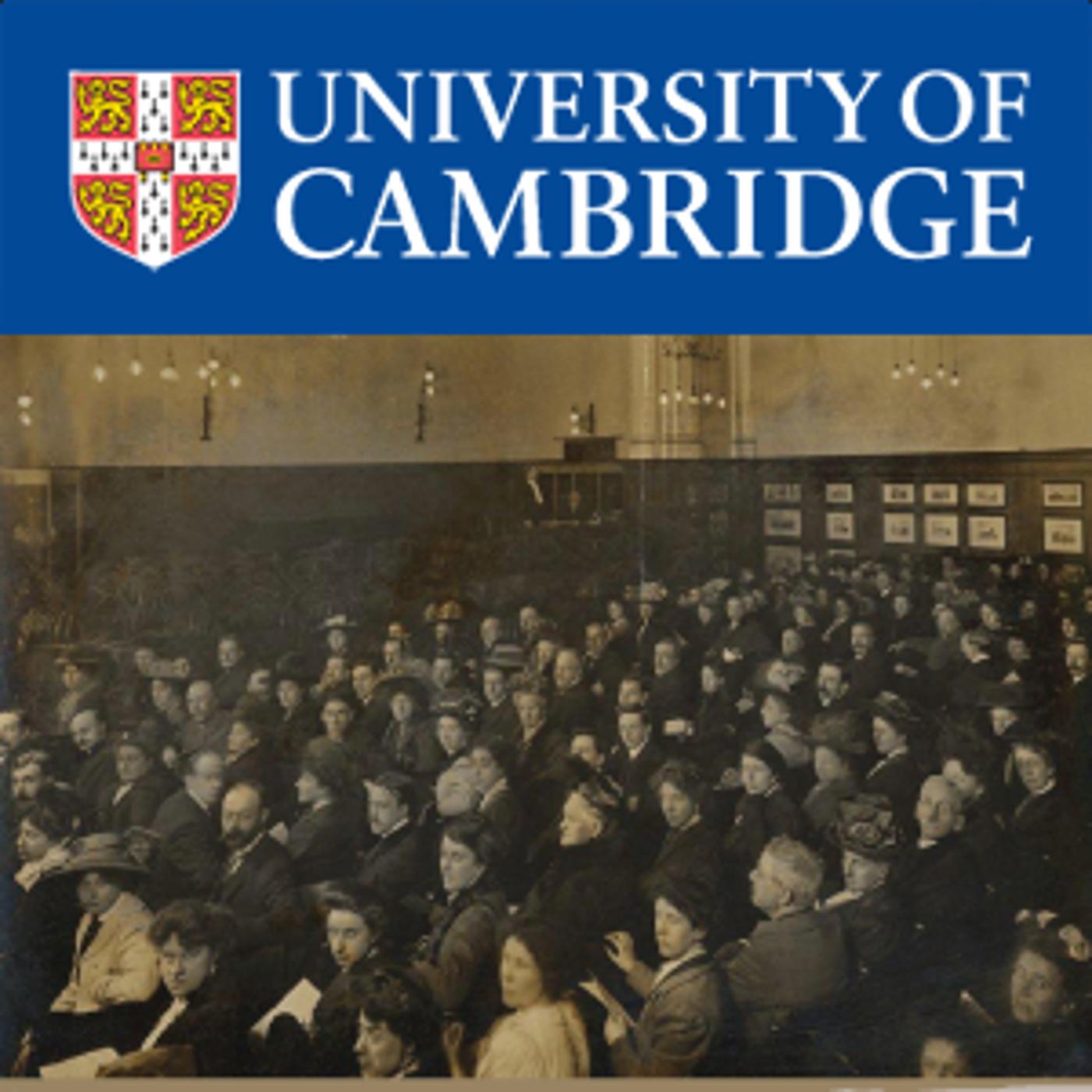
Active Citizenship SeminarActive Citizenship - 10 June 2013 - Impact in Historical PerspectiveProfessor Peter Mandler (University of Cambridge)
2013-06-111h 15
Field Notes SeminarField Notes - 9 May 2013 - Cultural Evolution: Interpreting the Art of the Old Stone Age and the Origins of Human Nature, 1870-1940Chris Manias (University of Manchester).
Discussant:
Professor Peter Mandler (Prof. of Modern Cultural History, Gonville & Caius College, Cambridge)
Abstract
The discovery of Palaeolithic art in western, southern and central Europe in the late-nineteenth and early-twentieth centuries was one of the most striking developments within the new and publicly prominent scholarly field of human prehistory, with implications which cut across the archaeological, anthropological and cultural sciences, and into wider popular discourse. At La Madeleine, Les Eyzies, Altamira, Dolní Věstonice, and a host of other sites, rock-paintings, carved bones and antlers, and statuettes were discovered depicting long-extinct animals, abstract designs and a...
2013-05-171h 43
Field Notes SeminarField Notes - 29 November 2012 - Disciplines and Institutions. What is Armchair Anthropology?Efram Sera-Shriar (York University, Canada)
Discussant: Prof Peter Mandler (Department of History, University of Cambridge).
2012-12-181h 43
Lectures in Intellectual HistoryPeter Mandler - The sociological imagination in mid-twentieth century Britain and AmericaHow has the language of social science penetrated its way into the everyday discourse of educated people, particularly in the period after the Second World War? In this lecture, Peter Mandler examines the extent to which people in mid-twentieth century Britain and America used the conceptual tools of psychology, sociology and anthropology to view their personal 'issues' also as social 'problems'. This is a public episode. If you would like to discuss this with other subscribers or get access to bonus episodes, visit standrewsiih.substack.com
2012-03-1256 min
German Historical Institute London PodcastGHIL-Debates: Public HistoryThe subject of this debate was the contested field of Public History, its strengths, shortcomings, and developments, and the place of history in public life in general. Academic and public historians are increasingly involved in public debates seeking to reach broader audiences and to shape public consciousness through the understanding of the past. Undoubtedly the popularity of history in public life has created political, economic, and cultural opportunities. But it also generated competition and barriers between the professional and the public historians. The GHIL has invited four speakers from Britain and Germany: Franziska Augstein is a journalist for the S\...
2010-06-182h 22
German Historical Institute London PodcastPublic History: GHIL-DebatesFranziska Augstein, Kathleen Burk, Justin Champion, Peter Mandler, and Benedikt Stuchtey discuss the contested field of public history, its strengths, shortcomings, and developments, and the place of history in public life in general.
2010-06-082h 22
In Our TimeVictorian PessimismMelvyn Bragg and guests discuss Victorian Pessimism. On 1 September 1851 the poet Matthew Arnold was on his honeymoon. Catching a ferry from Dover to Calais, he sat down and worked on a poem that would become emblematic of the fears and anxieties of a generation of Victorians. It is called Dover Beach and it finishes like this: “Ah, love, let us be true To one another! for the world, which seemsTo lie before us like a land of dreams,So various, so beautiful, so new,Hath really neither joy, nor love, nor light,Nor certitude, nor peace, nor help for pa...
2007-05-1028 min
In Our TimeHeritageMelvyn Bragg and guests discuss the role history and heritage have played in the formation of the British national identity. Historians have often maintained a guarded relationship with the so-called ¨heritage industry¨, believing that it presents a distorted version of national life: a Merrie England that is politically acceptable and economically rewarding. History, in contrast, is held to reveal the truth about the past - objectively and scientifically. Our understanding of history changed since the 19th century and, as historians interpret our time and our society, so will our ideas of heritage and history.With David Cannadine, Director of th...
2002-07-1841 min